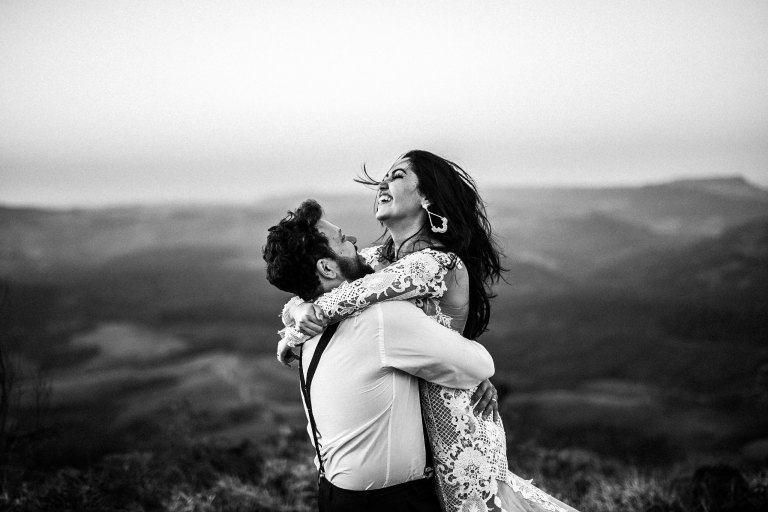
Our Fear Of Vulnerability Is Ruining Modern Dating
If we aren’t authentic and vulnerable, we have absolutely no right to complain about how challenging it is to find someone who is authentic and genuine.
By ![]() Alexis Marie
Alexis Marie
Don’t text too much before the first date. Don’t text too soon after the first date. Don’t sleep together until the third date. Don’t sleep together until the fifth date. Don’t be too available. Don’t be too distant. Don’t respond too quickly—make them wait so you don’t look needy. But don’t make them wait too long—they’ll lose interest. Don’t date just one person; it assumes exclusivity. Don’t date too many people though; you don’t want a reputation. Don’t express feelings too quickly, whatever “too quickly” means. Don’t ask about labels or commitment.
Is your head spinning yet? If not, you’ve probably done online dating and aren’t surprised by the inherent contradictions in these arbitrary rules that have somehow become common knowledge in modern dating. We’ve learned to hold our cards close to our chests to protect ourselves from rejection, but simultaneously strive for connection—another contradiction.
We’ve become so blinded and jaded by these subjective rules we’ve attempted to make objective that we’ve lost sight of how to follow our instincts. We refrain from embracing genuine connection because it’s weird to admit we really liked someone on the first date. We pretend we aren’t interested at first to avoid looking desperate or needy. We don’t commit or label relationships anymore—we “talk to someone” or we’re “seeing someone” or we have a “thing” until one party either acknowledges their fear of the vulnerability necessary for true connection or becomes frustrated with the other party for asking for what they need. Why? Because asking for what we need is against the rules. These meaningless dating norms have eroded what dating used to be: an authentic search for someone to share your life with. We’re a generation so terrified of vulnerability that we follow these rules and then have the nerve to complain to our cohorts about how hard it is to find someone.
It’s clear why our generation has fallen into this trap—being authentic and vulnerable is hard. It’s human nature to protect ourselves, to avoid pain, and to evade rejection. To put ourselves out there in our entirety is dangerous because we could get hurt. And we probably will. Here’s the problem though: being vulnerable is a risk we have to take in order to experience any kind of meaningful connection. We cannot form relationships without allowing ourselves to be wholly seen and heard. All of life’s greatest moments—believing in something with your whole heart, loving and being loved fiercely and passionately, reveling in a potentially brief moment in time—requires that we live fully and lean into the discomfort of a life that comes with no guarantees.
These socially accepted rules that govern our dating lives oppose what we need, so fuck the rules. Follow your gut. If you find someone genuine and feel a mutual connection, don’t feel pressured to not text for 3 days. If your first date is amazing, plan a second. Stop pretending to not be interested in someone to see if they’re interested in you, because genuine people aren’t going to be interested in games. If we aren’t authentic and vulnerable, we have absolutely no right to complain about how challenging it is to find someone who is authentic and genuine.
Does it put us at greater risk of getting hurt? Yes. That’s why we don’t do it. That’s why we created these parameters around dating. We want to protect ourselves from being hurt so we reject vulnerability, but in doing so, we also deny ourselves the possibility of connection, belonging, joy, and genuine happiness. So fuck the rules. At the end of the day, being hurt by the wrong person is a risk worth taking in order to connect with the right person. ![]()











